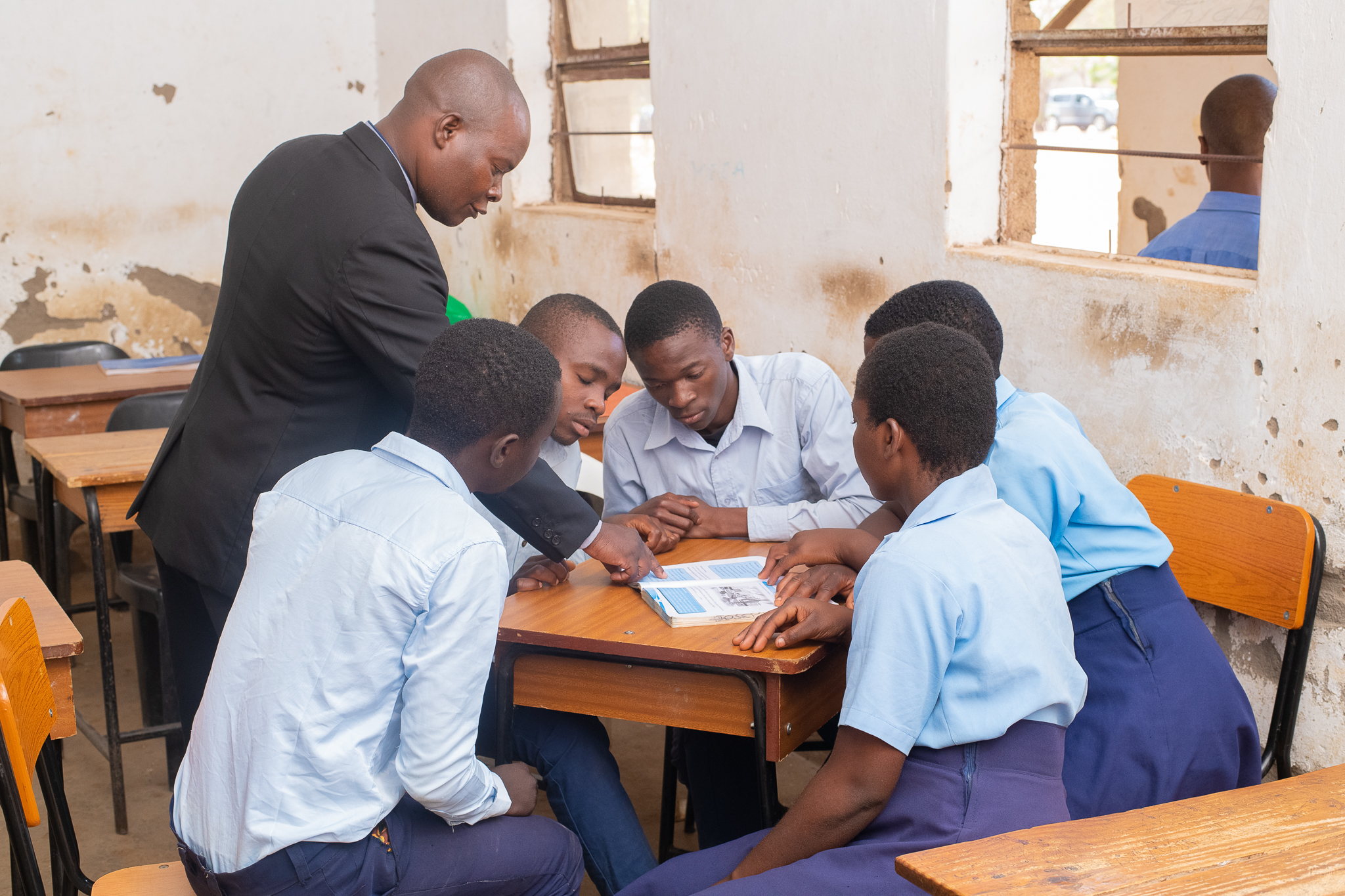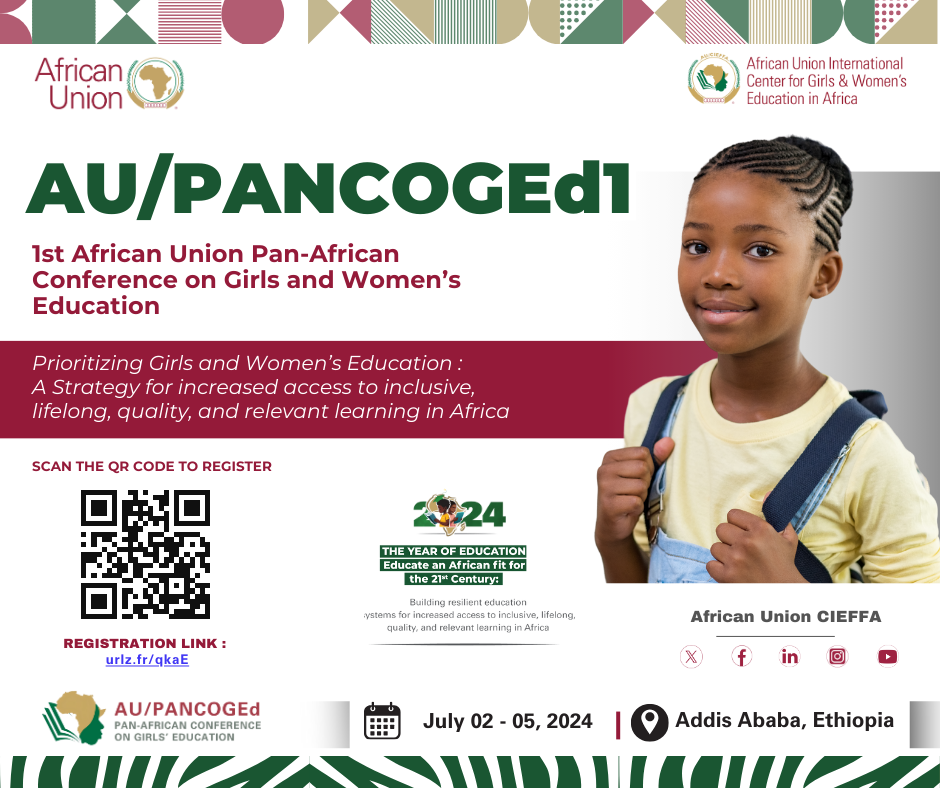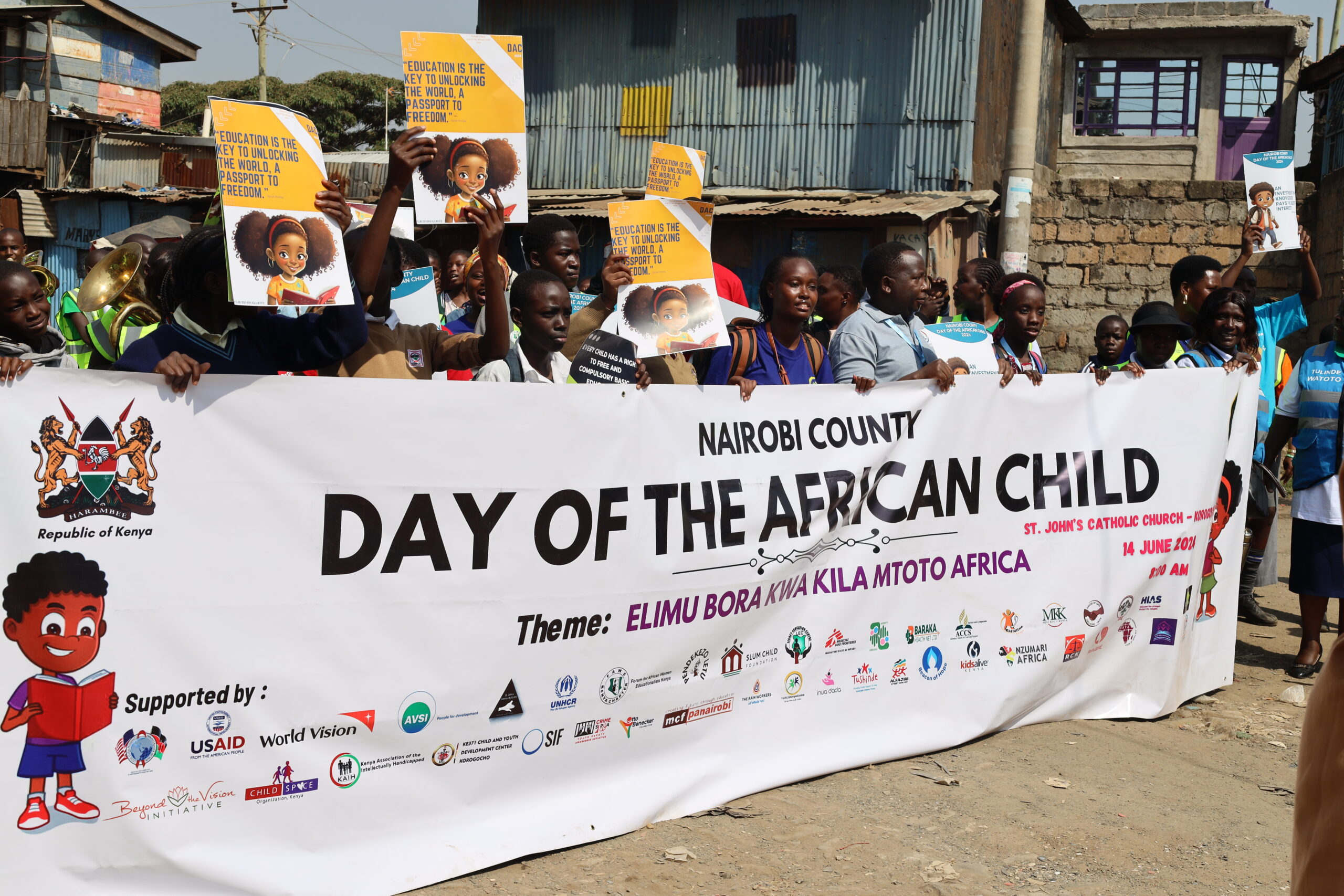By Martha Muhwezi
Executive Director, FAWE Africa
In the quest towards ensuring education for all, we often focus more on churning out a great number of students who have completed their education. Quality education comes second to numbers. This is understandable as the mission to enroll children, especially girls in school persists.
UNESCO estimates that across sub-Saharan Africa, 9.5 million girls will never set foot in a classroom compared to 5 million boys. In total, more than 30 million children aged between six to 11 are out of school across the region. Some will start school at a later age, but many more will remain entirely excluded with girls facing the biggest barriers.
Whereas enrolment numbers continue to improve in the region, transition rates from primary school to secondary school remain a challenge. The importance of secondary school education cannot be understated. According to a report by the Mastercard Foundation, great progress has been made in ensuring that the continent’s youth have access to primary school education. It is estimated that by the year 2030, enrolment will have doubled.
Indeed, for transition rates to improve even further, there is a need to take on a multi-stakeholder approach; however, teaching practices have also proved key in the journey towards quality education. Equipping teachers with the requisite knowledge, skills and attitudes to empower them to respond adequately to the learning needs of girls and boys through using gender-aware classroom processes and practices is a step in the right direction.
Teaching quality has a significant impact on academic access, retention, and performance. Yet many teachers in sub-Saharan Africa, conditioned by male-dominated values in their communities, employ teaching methods that do not provide an equal opportunity for participation for girls and boys. Neither do these methods consider the individual needs of learners, especially girls.
FAWE’s Gender Responsive Model (GRP), has been carefully designed to address the quality of teaching in classrooms across Africa. The model trains teachers to be more gender aware and equips them with the skills to understand and address the specific learning needs of both sexes. It develops teaching practices that engender equal treatment and participation of girls and boys in the classroom and in the wider school community.
The FAWE GRP model encompasses various features designed to promote gender equality and inclusivity in education. It includes a focus on teaching and learning materials tailored to address diverse learning styles and interests. Lesson plans are developed with attention to gender-sensitive content and activities that engage all students equally. Language used in the classroom is inclusive and free from gender biases, fostering an environment of respect and equality. Classroom interaction encourages active participation from all students, irrespective of gender, while the classroom set-up promotes collaboration and equity.
Strategies are implemented to eliminate sexual harassment, creating a safe and conducive learning environment for all. Management of sexual maturation is addressed sensitively and inclusively. School management systems are structured to support gender equity and inclusivity, with policies and practices that promote equal opportunities for all students. Finally, monitoring and evaluation mechanisms are in place to assess the effectiveness of these strategies and ensure continuous improvement towards gender-responsive education. The FAWE Gender Responsive Pedagogy toolkit for teachers and schools is a valuable guide to teachers as they go about imparting knowledge in a gender-responsive manner.
This year, we celebrate International Women’s Day under the theme: Inspiring inclusion by investing in the education and well-being of girls and women in Africa. As we honor the resilience, strength, and contributions of women everywhere, it is imperative that we commit to fostering a world where every woman and girl can thrive. Together, we can break down barriers, challenge stereotypes, and build a future where gender-responsive learning is the norm.
As we celebrate the progress made, let us recommit ourselves to advancing gender equality in all spheres of life, ensuring that every woman and girl has the opportunity to fulfill her potential and contribute meaningfully to society.
Picture caption: A teacher guides students through a groupwork session at Mponda Secondary School in Malawi.
Photo credits: FAWE/FAWE Malawi






Leave A Comment